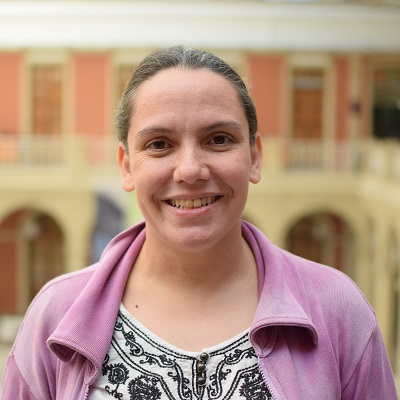All posts (Page 61 of 129)
With services like Google Maps, finding the fastest route from A to B has become quick, cheap, and easy. Not just for driving but walking, cycling and public transport too. But in the field of transport studies, we often want not only a single route, but thousands or millions of routes. This is where we hit a problem for services such as Google or the Open Route Service, that usually only allow a limited number of free routes per day (typically around 1000). So routing is either very time consuming or expensive. Another problem is that we may not be interested in the current travel options, but how those options may change in the future. Such as, after a new bridge has been built or a new bus timetable has been introduced. Therefore, researchers can find it useful to run their own routing services where they have more control and can produce as many routes as necessary....
At their closing keynote at the 2020 RStudio Conference, Hilary Parker and Roger Peng mentioned that they hatched the idea for their excellent Not So Standard Deviations podcast following their reunion at the 2015 rOpenSci unconf, (“runconf15”). That statement went straight to my heart because it pin-pointed how I had been feeling throughout the week of RStudio Conference that I had been unable to name. At rstudio::conf, I was surrounded by so many of the incredible people I had met at that very same runconf15. These folks are visionaries and leaders, founding and leading global efforts in open source software and inclusive culture, and the fact that they were all together at a small event convened by rOpenSci holds great significance. I am so honored to know this community, and to consider them allies and friends. The RStudio Conference (“rstudio::conf”), a conference with 2400 people, felt cozy with their presence and with the visible efforts they have led to make R and beyond a welcoming, innovative space. In a follow-up to an earlier blog summary of rstudio::conf(2020), here I want to reflect on how important runconf15 was, and how truly unique and gamechanging rOpenSci is....
🔗
rOpenSci HQ
- On behalf of rOpenSci, thank you to everyone who has contributed their creativity, curiosity, smarts, and time in the last year. Read our Thank You, 2019.
🔗
Software Peer Review
3 community-contributed packages passed software peer review.
osfr - R Interface to OSF. Author: Aaron Wolen; Reviewers: Heidi Seibold, Carl Boettiger; Read the Review
...taxadb provides quick and easy access to taxonomic data from multiple providers resolving hundreds of names to taxonomic identifiers in seconds.
It was the best of times, it was the worst of times.
Dickens might have meant it figuratively, but in the case of the rOpenSci OzUnconf 2019, we mean it literally. Set to the backdrop of a national emergency that is still ongoing from 11-13 December, our participants came from across Australia as well as New Zealand, Japan, India and Indonesia.
An rOpenSci unconference (unconf) is about building - building software, tools, but more importantly community. It operates on the premise that we all belong.
...



